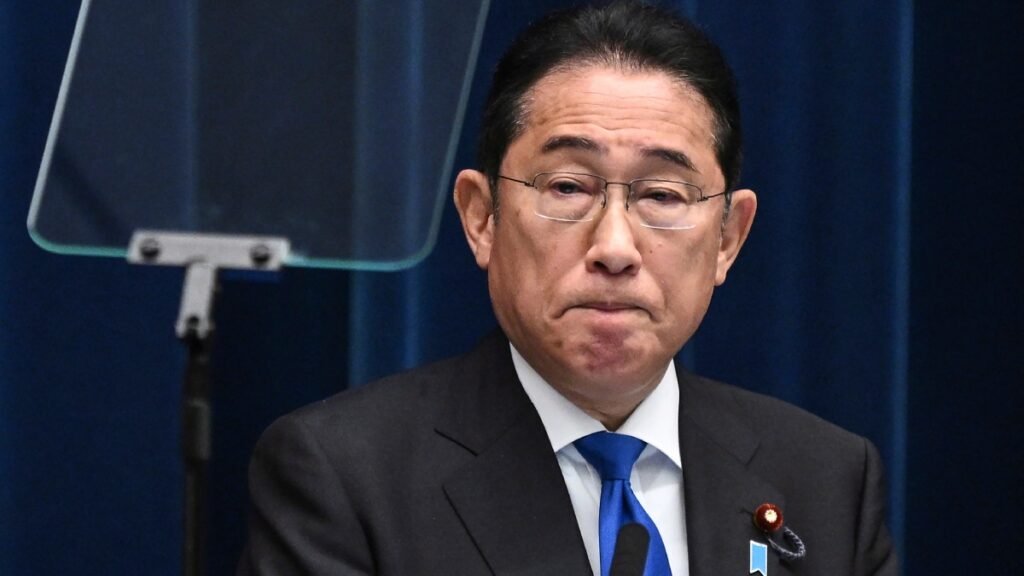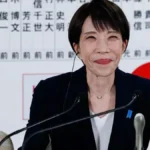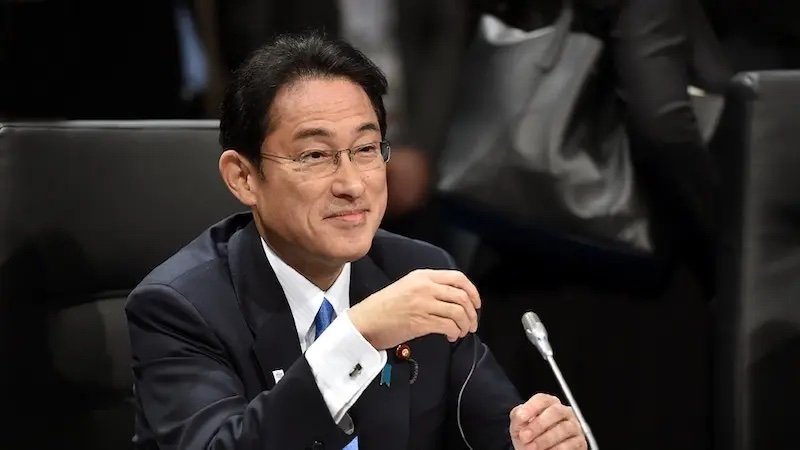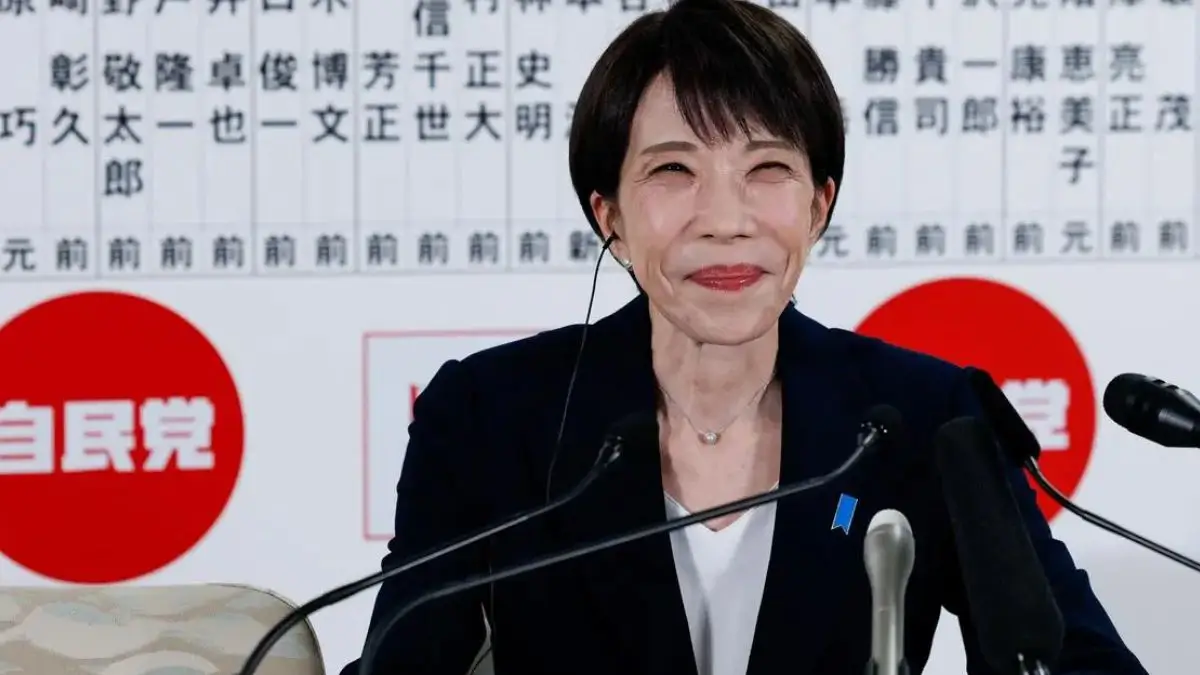Japan’s Prime Minister Fumio Kishida Resigning
Fumio Kishida Announces Resignation
On August 16, 2024, Japan’s Prime Minister Fumio Kishida announced his resignation amid mounting political pressure and declining public support. Kishida, who has been in office since October 2021, cited personal reasons and the need for new leadership to tackle ongoing challenges as the primary motivations behind his decision. His resignation marks a significant shift in Japan’s political landscape, raising questions about the future direction of the country’s policies and leadership.
Political Pressures and Public Discontent
Fumio Kishida’s tenure has been marked by various challenges, including economic stagnation, rising inflation, and diplomatic tensions with neighboring countries. Despite efforts to implement economic reforms and strengthen Japan’s international standing, Kishida faced increasing criticism from both opposition parties and the public. The recent decline in his approval ratings and internal party dissent contributed to his decision to step down, highlighting the difficulties of leading a nation through turbulent times.
Implications for Japan’s Future Leadership
Kishida’s resignation opens the door for a potential reshuffling of Japan’s political scene. The ruling Liberal Democratic Party (LDP) will now need to elect a new leader, who will then become the new Prime Minister. This transition period is crucial as Japan faces pressing issues such as economic recovery, national security, and foreign relations. The selection of Kishida’s successor will significantly impact Japan’s policy direction and its approach to these challenges.

Why This News is Important
Impact on Japan’s Political Stability
Fumio Kishida’s resignation is a pivotal moment for Japan’s political stability. As the leader of the ruling LDP, his departure creates uncertainty about the future leadership and governance of the country. The process of selecting a new Prime Minister will be closely watched, as it will influence Japan’s political landscape and the effectiveness of government policies moving forward.
Economic and Diplomatic Implications
Kishida’s resignation comes at a time when Japan is grappling with economic challenges and diplomatic tensions. The new Prime Minister will need to address these issues promptly to maintain economic stability and strengthen Japan’s position on the global stage. The transition period could impact market confidence and international relations, making it a critical period for Japan.
Historical Context: Background Information
Previous Political Changes in Japan
Japan has experienced several political transitions in recent decades, with leaders often stepping down due to internal party conflicts, public dissatisfaction, or policy challenges. The resignation of Prime Minister Fumio Kishida follows a pattern of political shifts that have shaped Japan’s governance. Previous leaders, such as Shinzo Abe and Yoshihide Suga, also faced challenges that led to changes in leadership, reflecting the dynamic nature of Japanese politics.
Challenges Faced by Kishida’s Administration
Fumio Kishida’s administration struggled with several pressing issues, including economic stagnation and rising inflation. The COVID-19 pandemic exacerbated these challenges, putting additional strain on Kishida’s leadership. His resignation underscores the difficulty of navigating complex domestic and international issues, highlighting the need for effective leadership in times of crisis.
Key Takeaways from Fumio Kishida’s Resignation
| Serial Number | Key Takeaway |
|---|---|
| 1 | Fumio Kishida announced his resignation on August 16, 2024. |
| 2 | His resignation was driven by political pressure and low public support. |
| 3 | Kishida’s departure opens the path for a new leader from the Liberal Democratic Party (LDP). |
| 4 | The new Prime Minister will face critical issues such as economic recovery and international relations. |
| 5 | Kishida’s resignation reflects broader patterns of political transitions in Japan. |
Important FAQs for Students from this News
1. Why did Fumio Kishida resign as Prime Minister of Japan?
Fumio Kishida resigned due to mounting political pressure, declining public support, and personal reasons. His resignation reflects the challenges he faced in maintaining leadership amid economic and political difficulties.
2. When did Fumio Kishida announce his resignation?
Fumio Kishida announced his resignation on August 16, 2024.
3. What will happen after Fumio Kishida’s resignation?
Following Kishida’s resignation, the ruling Liberal Democratic Party (LDP) will elect a new leader who will become the next Prime Minister. This transition will be crucial for Japan’s political stability and policy direction.
4. What were some of the major challenges faced by Kishida’s administration?
Kishida’s administration faced economic stagnation, rising inflation, and diplomatic tensions with neighboring countries. These issues contributed to his declining approval ratings and political pressure.
5. How does Kishida’s resignation fit into the broader context of Japanese politics?
Kishida’s resignation is part of a pattern of political transitions in Japan, where leaders often step down due to internal party conflicts or public dissatisfaction. This transition highlights the dynamic nature of Japanese politics.
Some Important Current Affairs Links

















